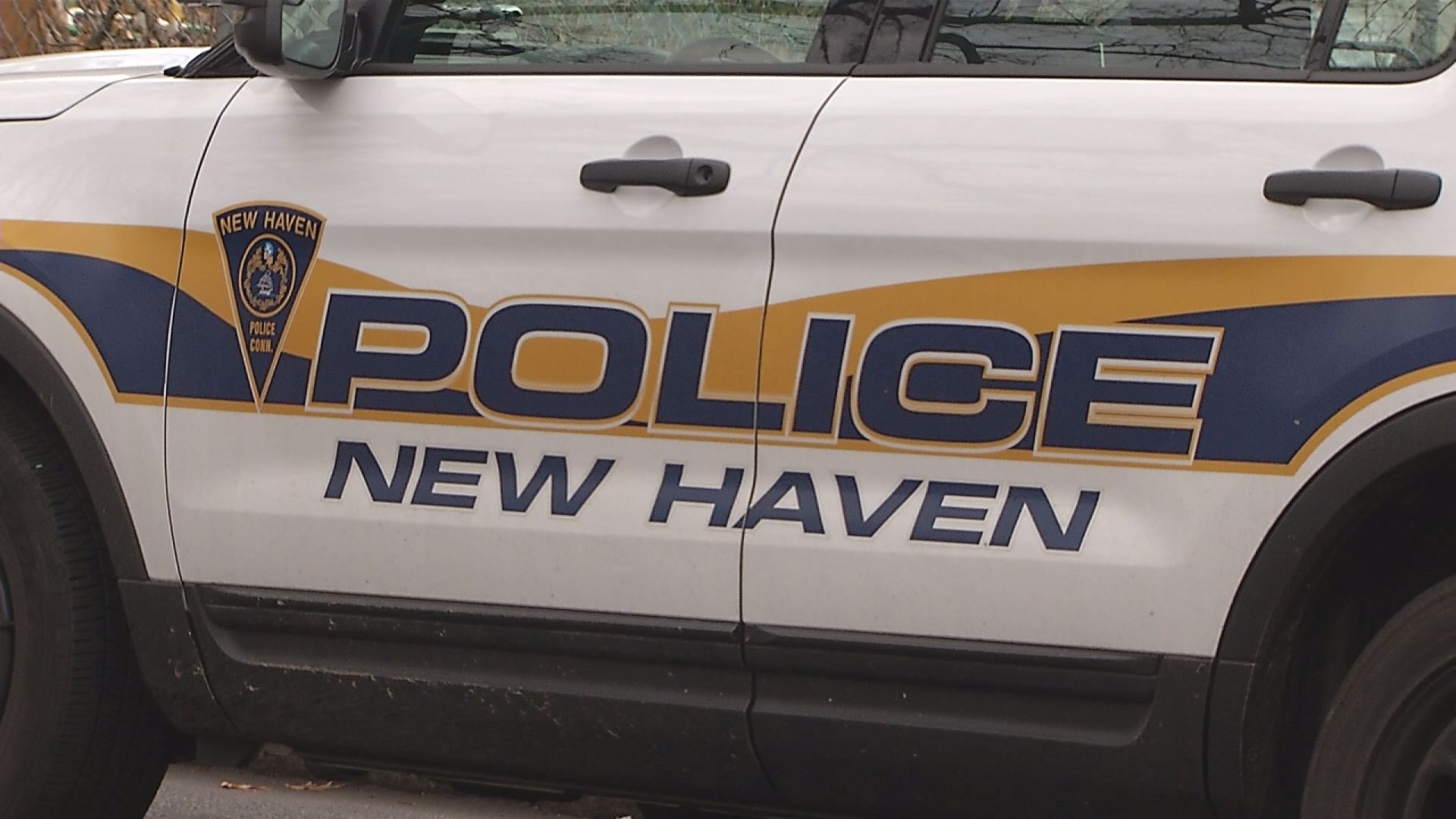The governor has asked the former United States Attorney for Connecticut to conduct an independent review after a recent audit that found as many as 26,000 tickets state troopers issued included falsified information.
The audit, which was completed last month, found hundreds of Connecticut state police troopers falsified information on at least 26,000 traffic stops from 2014 to 2021, skewing reports on the race and ethnicity of pulled-over motorists, according to an audit.
Data analysts with the University of Connecticut said the reports resulted in too many drivers being identified as white. They cautioned, however, that they did not try to determine whether the records were intentionally falsified or were wrong due to carelessness or human error.
Gov. Ned Lamont said that, based on a recent audit that “revealed a troubling number of erroneous records in the Connecticut State Police records management system and the State of Connecticut’s traffic stop racial profiling database, he is commissioning an independent review to determine how and why this misconduct occurred, why it went undetected for so many years, and what reforms should be implemented to ensure that such misconduct does not reoccur.”
Get top local stories in Connecticut delivered to you every morning. Sign up for NBC Connecticut's News Headlines newsletter.
His office said the review will also determine whether changes to the IT platforms or training materials could prevent mistaken entries.
Connecticut State Police Colonel Stavros Mellekas said he issued an order Monday to all state troopers, instructing them to cooperate with the investigation and come forth with relevant information.
“The Connecticut State Police takes this matter very seriously and we have already instituted several reforms based on the recently released audit. We look forward to continuing that work. We welcome this investigation and will cooperate fully,” Mellekas said in a statement.
Local
Lamont has asked former United States Attorney for the District of Connecticut Deirdre Daly, an attorney at Finn Dixon and Herling LLP, to conduct the investigation.
“I have ordered a comprehensive and independent investigation of possible misconduct by the Connecticut State Police based on the information brought to light by the Connecticut Racial Profiling Prohibition Project,” Lamont said in a statement. “I have great faith in the overwhelming majority of our troopers, and to protect public confidence in them we must get to the bottom of this and learn how it happened, why it happened, and how to prevent it from ever happening again. I am glad that someone with Deirdre Daly’s experience and credibility has agreed to undertake this important work.”
Daly and her team will interview troopers, constables, and others who might have relevant information, the governor’s office said.
Lamont said anyone who wishes to contact Daly may do so confidentially by filling out the form online at fdh.com/confidentialform or calling 800-711-6348.
The results of the investigation will be shared with the public.
“It is critical that Connecticut residents have trust in the State Police, just as it is critical that troopers earn that trust each and every day,” Connecticut Department of Emergency Services and Public Protection Commissioner James Rovella said in a statement. “I am confident that this investigation and the resulting recommendations will make good on our commitment to building trust between law enforcement personnel and the local communities in which they serve.”
The governor said the investigation team expects the review will take at least three to six months, but the timing of the investigation is largely dependent on how many people will need to be interviewed and how cooperative these witnesses will be in the interview process.
Lamont’s office said the state maintains “one of the nation’s most robust racial profiling data collection and analysis programs.”
However, the recent audit by the Connecticut Racial Profiling Prohibition Project found that members of the Connecticut State Police overreported at least 26,000 racial profiling records - 3.2% - between 2014 to 2021 and underreported at least 16,000 records -2.4% - from 2015 to 2021, the governor’s office said.
Lamont’s office said that, although the total number of erroneous records and troopers with significant discrepancies declined each year, the report found that some troopers continued to have a significant number of over and underreported records as late as at least 2021.



